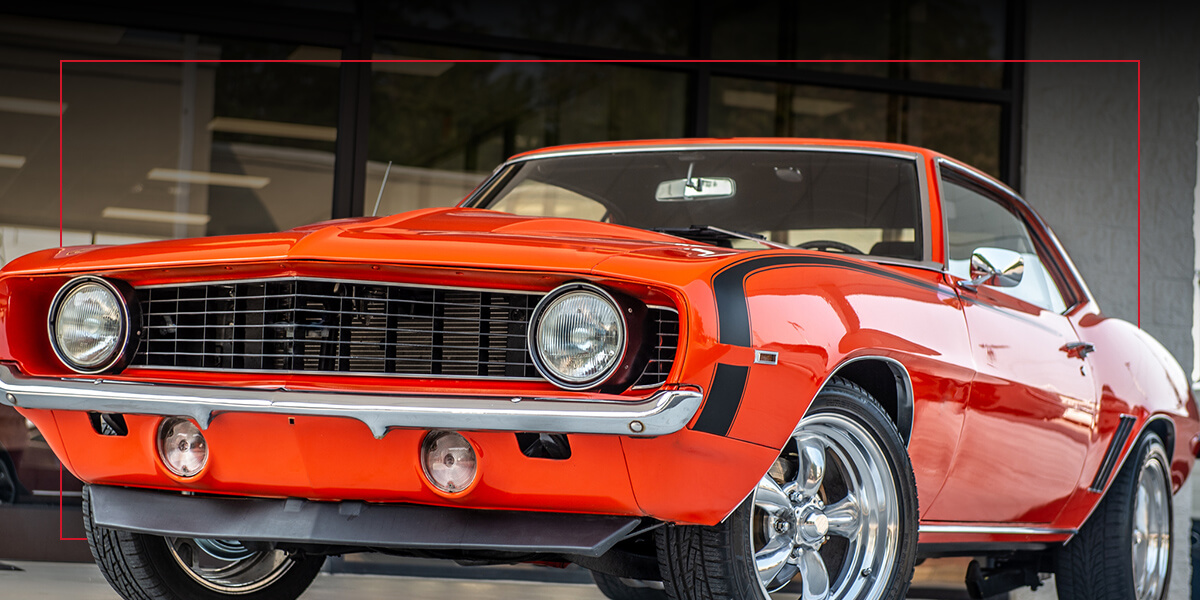Classic cars are more than just vehicles—they’re prized investments, symbols of automotive history, and often cherished family heirlooms. Because of their unique status, insuring a classic car requires a different approach than standard auto insurance. Understanding why and how to insure a classic car differently is crucial to protecting its value and ensuring appropriate coverage.
Why Classic Cars Need Specialized Insurance
Classic cars differ significantly from everyday vehicles in usage, value, and risk factors. They are often:
- Driven less frequently and mainly for leisure or shows
- Maintained meticulously with rare or custom parts
- Appreciated in value over time rather than depreciating
- Subject to different risks such as storage damage or theft at shows
Standard auto insurance policies typically focus on daily drivers and replacement costs, which may not align with the unique nature of classic cars. Without proper coverage, owners risk underinsuring or facing inadequate claims settlements.
Key Differences in Classic Car Insurance
1. Valuation Methods
Unlike regular cars insured based on actual cash value or market value, classic cars often require agreed value coverage. This means the insurer and owner agree on the car’s value upfront, ensuring full reimbursement in case of total loss without depreciation deductions.
2. Usage Restrictions
Classic car policies usually come with usage limitations—such as restricted annual mileage or prohibitions on daily commuting. This reflects the lower risk due to less frequent driving and helps keep premiums lower.
3. Specialized Coverage Options
Classic car insurance often includes coverage tailored for:
- Spare parts and restoration materials
- Show and exhibition transportation
- Storage-related risks, such as fire, theft, or environmental damage
- Rental reimbursement for classic cars
4. Flexible Deductibles
Owners may choose higher deductibles to reduce premiums, especially since classic cars are not daily drivers and face lower usage risks.
Benefits of Insuring a Classic Car Differently
- Accurate Valuation: Agreed value protects against market fluctuations and ensures proper compensation.
- Lower Premiums: Usage-based restrictions and risk assessment often lead to more affordable rates than standard policies.
- Tailored Protection: Coverage adapts to unique risks like restoration or show participation.
- Peace of Mind: Knowing your classic car is insured with its distinct value and usage in mind provides confidence.
What to Consider When Choosing Classic Car Insurance
1. Define Your Car’s Value
Have your classic car professionally appraised and document its condition, modifications, and rarity. This forms the basis for agreed value coverage.
2. Understand Policy Limits and Exclusions
Review what’s covered and what’s excluded—such as damage during regular commuting or use outside approved events.
3. Maintain Proper Usage Records
Keep logs of mileage, maintenance, and use to comply with policy terms and support claims if needed.
4. Shop Specialist Insurers
Many insurers specialize in classic cars and offer policies designed specifically for collectors and enthusiasts. Their expertise ensures better understanding and service.
When Might Standard Auto Insurance Suffice?
If your classic car is not rare, has low value, or you drive it regularly without concerns about appreciation or special coverage, standard auto insurance might be adequate. However, it’s essential to verify that your insurer acknowledges the car’s classic status and provides fair valuation and coverage.
In conclusion, insuring a classic car differently is often the best approach to protect its unique value and meet your specific needs. Tailored classic car insurance policies provide accurate valuation, specialized coverage, and cost-effective premiums, ensuring your prized vehicle is safeguarded for years to come.
